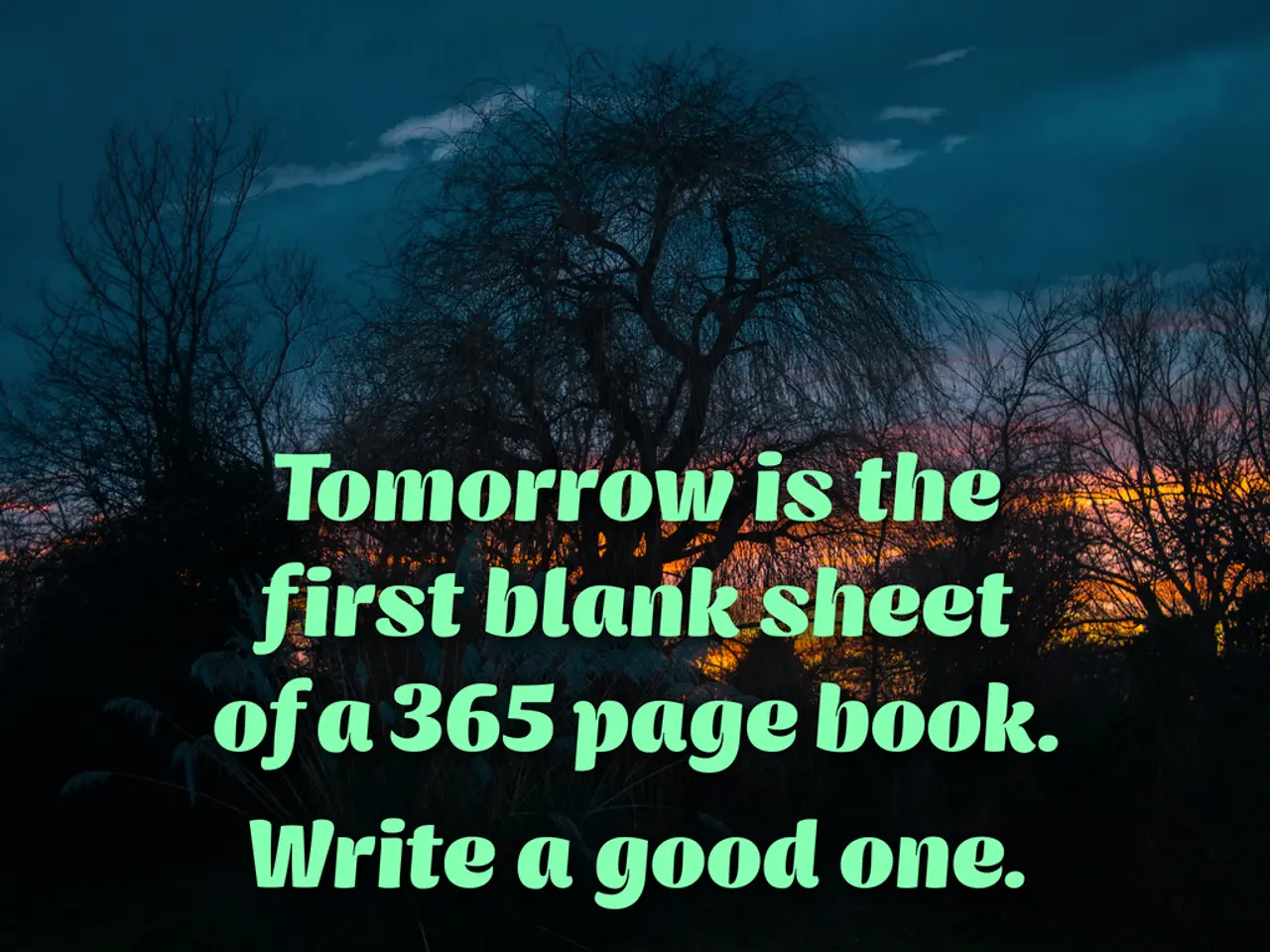Lebanon honors cherished artist Ziad Rahbani in bereavement
Ziad Rahbani, a renowned Lebanese musician and playwright, passed away a week ago, leaving behind a rich and impactful legacy that echoes across the nation. Born into a family that was already part of the cultural fabric in Lebanon, with his father being renowned composer Assi Rahbani and his mother, Fairuz, one of the most beloved singers in the Arab world, Rahbani's artistic journey was marked by political conviction and social commentary.
Rahbani's affiliation with the Lebanese Communist Party and his solidarity with Palestinian resistance situated him firmly within Lebanon’s leftist and anti-colonial struggles. This alignment with leftist ideals gave his music and theatre a lasting impact on Lebanese society, resonating across sectarian divides and political groups.
Throughout his career, Rahbani's unwavering political and social consciousness permeated his work, opposing capitalism and commercialism and expressing strong, often controversial opinions about Lebanese and regional politics. His musical pieces, such as the 1978 production "Bennesbeh Labokra Chou," which tells the story of a bartender and his wife struggling in a deeply troubled country, served as poignant reflections of the societal struggles faced by the Lebanese people.
Rahbani's sharp political analyses and humor, communicated through his music, radio shows, and writings, made him a cultural lexicon intimately connected to Lebanon's collective identity, especially its progressive and leftist currents. His songs functioned as cultural rallying cries during moments of social upheaval, such as the 17 October 2019 uprising.
A key turning point in Rahbani's life was the outbreak of the civil war in Lebanon in 1975, which he criticized and was a big critic of. As he grew older, Rahbani became increasingly uncomfortable with his family's music, feeling it painted an idyllic image of Lebanon that ducked real-life issues. Instead, he focused on authentic expressions of Lebanese identity and social reality, capturing the frustrations and hopes of the Lebanese people.
One of Rahbani's most notable collaborations was with his mother, Fairuz. In working with her, he showed audiences a more human aspect of herself, with their hit song "Kifak Inta" showcasing Fairuz longing to go back to a time before parting ways with an ex-lover.
Rahbani's political development was influenced by his discovery of various musical styles from around the world. His song "Ana Moush Kafer" contains social commentary that jabs at religious and political leaders who fractured Lebanon along sectarian lines. Despite his political views, Rahbani's art was never overshadowed by his ideology, according to Paul Salem, a senior fellow at the Middle East Institute and a musician who knew and worked with Rahbani.
Even years after his death in 2025, Rahbani's works remain relevant and widely quoted in Lebanese public life, transcending sectarian and political boundaries. Rahbani was not only a musical genius but also a political provocateur whose art was inseparable from his ideology, positioning him as a key figure in Lebanon’s modern cultural and political history.
Fairuz made a rare public appearance at Rahbani's funeral this week, paying tribute to her son and collaborator. In a documentary about his career titled "On Reflections," Rahbani described his early penchant for music and art as being encouraged by his family. Rahbani's legacy continues to inspire and resonate with the Lebanese people, shaping the nation's cultural landscape for years to come.
References:
- International Viewpoint. (n.d.). Ziad Rahbani: The man behind the music. Retrieved from https://www.internationalviewpoint.org/en/article/10632-ziad-rahbani-the-man-behind-the-music
- Middle East Eye. (n.d.). Ziad Rahbani: The Lebanese musician who dared to challenge the status quo. Retrieved from https://www.middleeasteye.net/opinion/ziad-rahbani-lebanese-musician-who-dared-challenge-status-quo
- New Lines Magazine. (n.d.). Ziad Rahbani: The rebel who transformed Lebanese music. Retrieved from https://www.newlinesmag.org/2021/11/22/ziad-rahbani-the-rebel-who-transformed-lebanese-music/
- NPR. (2025, January 1). Ziad Rahbani, renowned Lebanese musician and playwright, dies at 69. Retrieved from https://www.npr.org/2025/01/01/846566584/ziad-rahbani-renowned-lebanese-musician-and-playwright-dies-at-69
- Paul Salem, a senior fellow at the Middle East Institute and a musician who knew and worked with Rahbani, stated that the war quickly descended into a simple sectarian, mainly Muslim-Christian kind of bloodletting, and that moral collapse is something that Rahbani commented on and was a big critic of.
- Dima Issa, an assistant professor at the University of Balamand in Lebanon, states that Rahbani transformed Fairuz, making her show a more raw side of herself in their collaborations.
- Rahbani expressed support for the Lebanese militia group Hezbollah and the regime of Bashar al-Assad during Syria's civil war.
- Despite his diverse focus on politics, news, entertainment, and music, Ziad Rahbani's art was never overshadowed by his ideology, according to Paul Salem, a senior fellow at the Middle East Institute and a musician who knew and worked with Rahbani.
- In a documentary about his career titled "On Reflections," Rahbani, a renowned Lebanese musician and playwright, described his early penchant for music and art as being encouraged by his family, which also included his mother, Fairuz, one of the most beloved singers in the Arab world.






